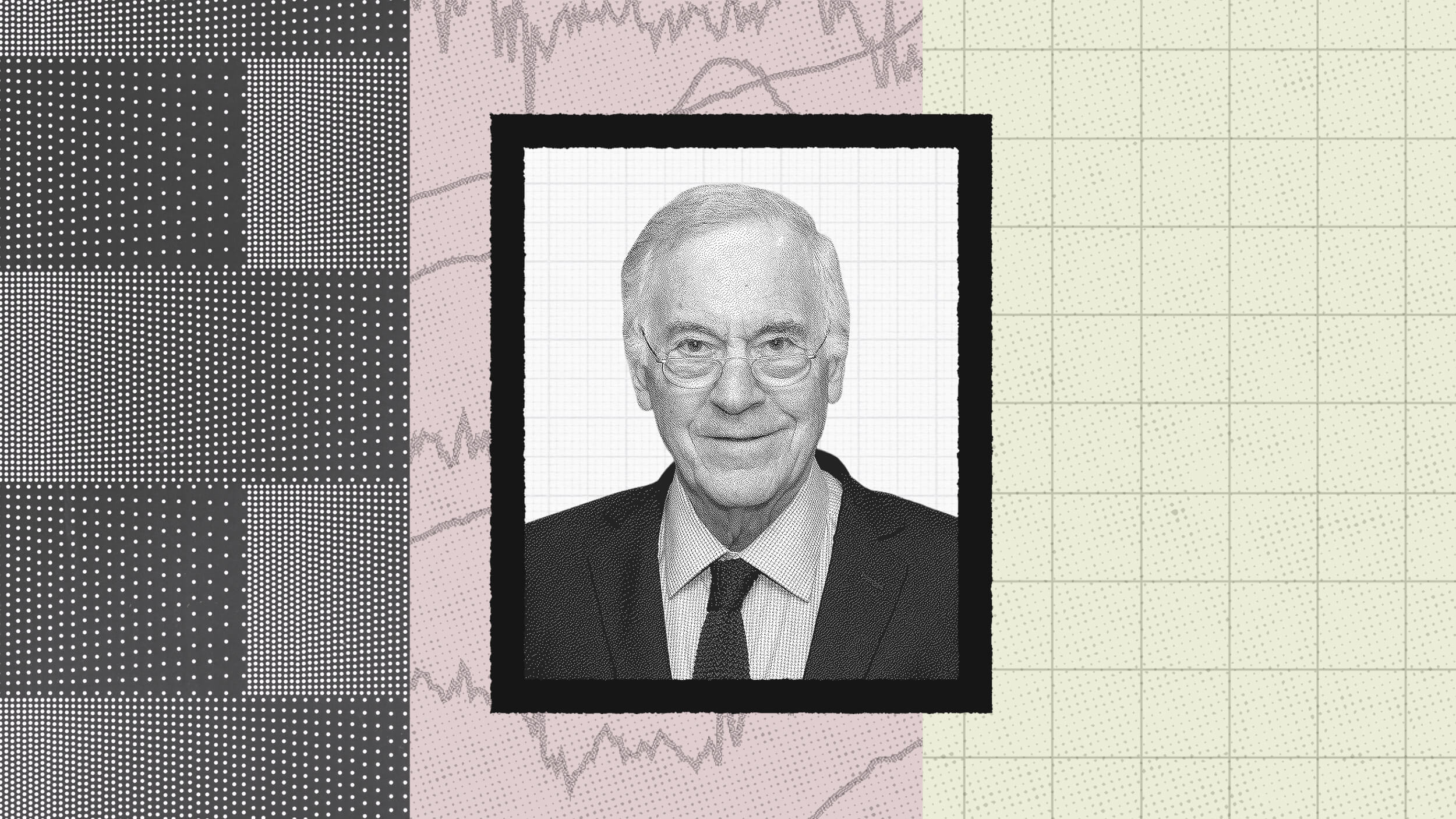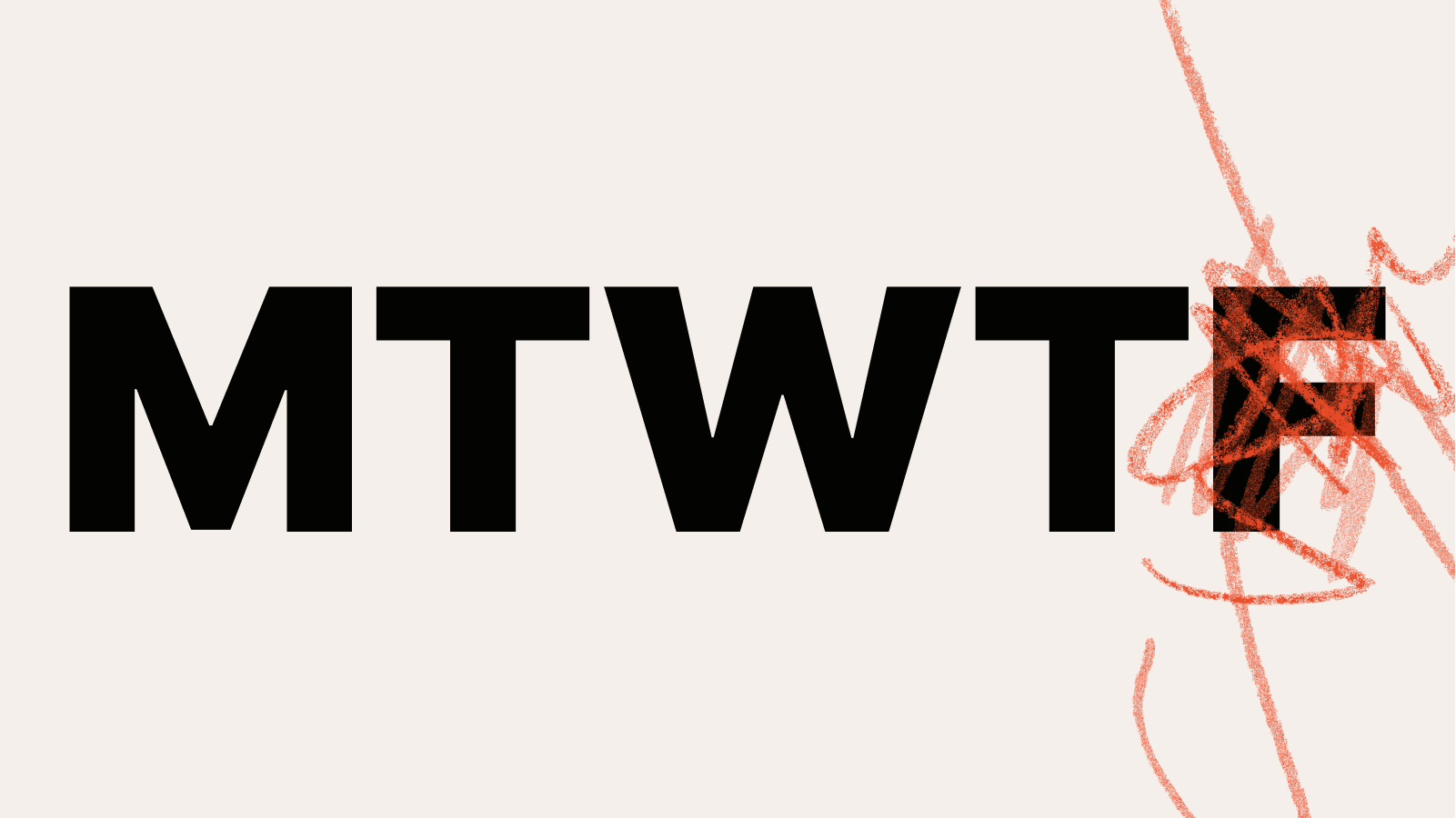To Fix the Economy, Americans Need to Work Less

What should the U.S. do about the 26 million people who are currently unemployed, underemployed or marginally attached in the labor force? Boston College sociology professor Juliet Schor thinks that the answer to this problem is that we all need to work less. “If we had shorter hours of work, if we were able to take productivity growth, overtime in the form of shorter hours, we could re-employ those 26 million under- and unemployed people much more rapidly,” she says.
In her Big Think interview, Schor says she thinks that the austerity measures being taken to save money, are the wrong way to put our economy back on course. Instead, she thinks, we need to invest as a society in activities and areas that we’ve been neglecting. “As we have sort of over invested in money and consumer goods and so forth, we’ve let other sources of wealth erode,” she says. “We’ve neglected our communities, our families, and our planet. So, austerity is really not addressing that issue. We’ve got to actually take our effort, our money, and our effort to investing in the things which we have eroded. Because hollowing out our communities, hollowing out our families, long-hour lifestyles and so forth, undermine well-being and they undermine our ability to actually have a more plentiful and abundant future.”
Schor also says we need to change the way that we shop. In order to have a satisfying consumer life in post-recession America, people are going to have to buy durable, ecologically friendly goods that they can use for a long time, she says, and we’re also have to buy more things used. “The sort of economies of reuse and exchange are growing rapidly and I think will become a more permanent feature of our consumer environment,” says Schor. “And that means, if you love to shop, you can do it without, you know, putting too much pressure on your pocketbook, or on the planet.”





